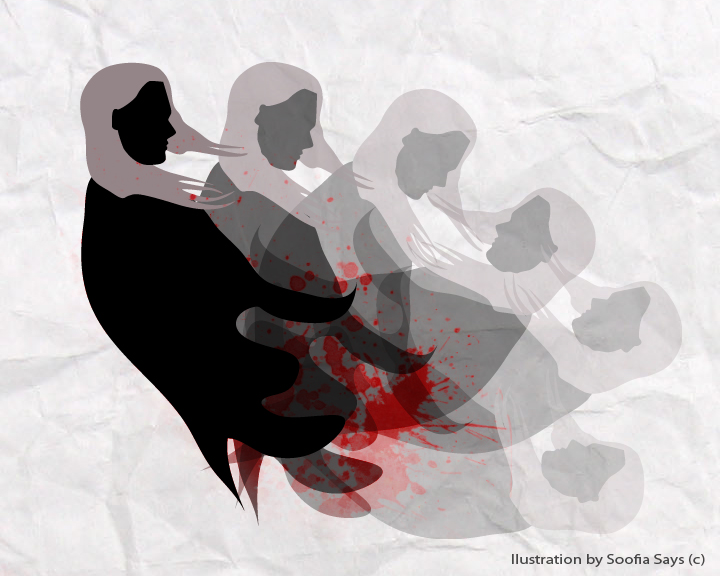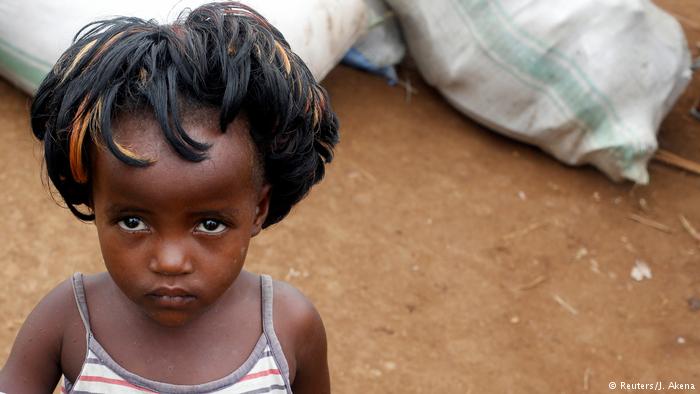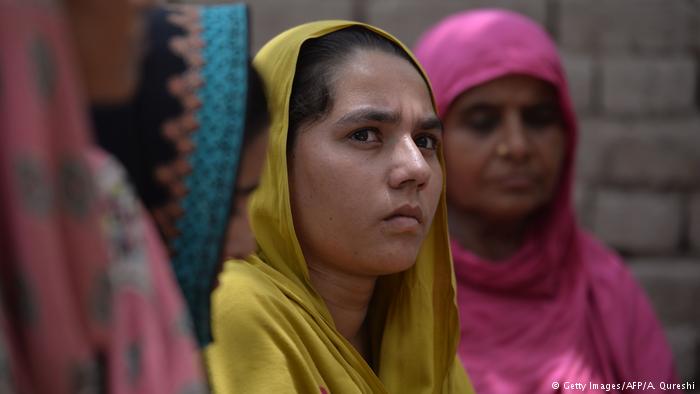Surviving rape
 “It’s been more than a year since my trauma. I still get nightmares and I find myself unable to trust any man. I am scared of getting married or having kids. My biggest fear is that the same thing might happen to someone I love, that someone I love might get raped.”
“It’s been more than a year since my trauma. I still get nightmares and I find myself unable to trust any man. I am scared of getting married or having kids. My biggest fear is that the same thing might happen to someone I love, that someone I love might get raped.”
This is the response of an adult female rape victim, who was later abused by a high-level and expensive psychologist she approached for counseling. According to her, she was also denied legal help as it was a family matter and was advised to sort it out herself. Listening to her story made me think about the hundreds of rape victims who do not seek or receive help, be it out of fear of their society or lack of trust in the legal system. It could also be due to their own lack of knowledge about what to do next.
In times of crisis
The biological evidence of rape may disappear within 36 to 72 hours of rape. It is therefore imperative for the victims, even those without any visible physical marks, to get medical help right away. According to an expert, the first step is to go to the police and file an application. The police will refer the victim to one of the government hospitals for a medical and legal check-up.
In cases where the victim and her family are too traumatized and unable to handle the police, they should seek help from non-governmental organizations (NGOs) who offer support in such times. Some of such organizations operating in Pakistan are Sahil, WAR (War Against Rape), Bedari and Rozan. These organizations offer guidance to the victim free of cost and assist her in getting legal help right away.
Once the DNA profiling is done and the results are positive, the case is registered and the proceedings begin. The organizations working for this cause are well connected and can offer legal help at a nominal or no cost. If you don’t need free help, they can still make you aware of your legal rights and prepare you for the trauma of the medical and legal process you will be going through.
Fear of the law
It is true that our legal system is weak and unjust especially when it comes to human rights. Thanks to the efforts of many women’s rights activists, the Hudood Ordinance which required the victim to produce four adult male witnesses as proof of rape was repealed and the Women’s Protection Bill was introduced in 2006. However, there are many grey areas and the Islamic counsels contest the use of DNA profiling as evidence from time to time.
In the Mazar-e-Quaid case (2008) in which a young woman was gang raped, the three accused men were acquitted in 2013 regardless of the DNA evidence. An NGO involved has appealed in higher courts to reconsider this case in the light of the biological evidence. The appeal is pending until today. Ms. Rukhsana Siddiqui of WAR remembers another case in which a young girl was abducted, raped and killed. The case went on for five years during which the girl’s father passed away and the family relocated. After 5 years of the case being pursued independently by the NGO, the verdict was pronounced in favor of the victim and justice was served on all counts. Unfortunately, the family has left no forwarding address and there is no way to inform them of this news that might give them some closure. To improve the legal system and limit the duration of the cases, it is imperative for the civil society and all of us need to keep raising our voices and continue to demand better legislation and processes.
Need for counselling
The two things our society still avoids admitting to are “sex” and “counseling.” The former is considered dirty and the latter deemed as a sign of mental illness. One can imagine how difficult it is to accept counselling for sexual assault. According to a clinical psychologist from the organization Sahil, counseling for rape victims must be initiated as soon as possible. The organization offers free sessions and its activists are very accessible and encouraging.
When I visited her, the psychologist, Ms. Sadya Perveen took her time in explaining the process. She emphasized, however, that the victim has to be willing for NGO’s to facilitate her rehabilitation. Another official from the organization Rozan that runs a crisis program for victims explained that counseling can enable the person to deal with trauma and all legal implications in a saner manner and make better decisions. If families are willing and responsive and if the patient allows, family counseling sessions can also be conducted to ensure a more comprehensive strategy for rehabilitation. In case of a child, the family’s willingness and consent of the legal guardian is not only compulsory but also essential to the child’s counseling process.
Survivors, not victims
“I want to know how you deal with rape victims,” I enquired. “First of all by calling them survivors, not victims,” came the heartwarming response from Farah, a representative of Rozan’s Zeest program. And I realized that a subtle alteration in the way we categorize people can lead to a big change in perspective; something that is badly needed in our society. Rape is a crime that affects the entire society. Every mother with a daughter, every father with a son fears it. It is our collective responsibility to work towards a better legal and social support system against it.
Author: Soofia Says
Editor: Manasi Gopalakrishnan






